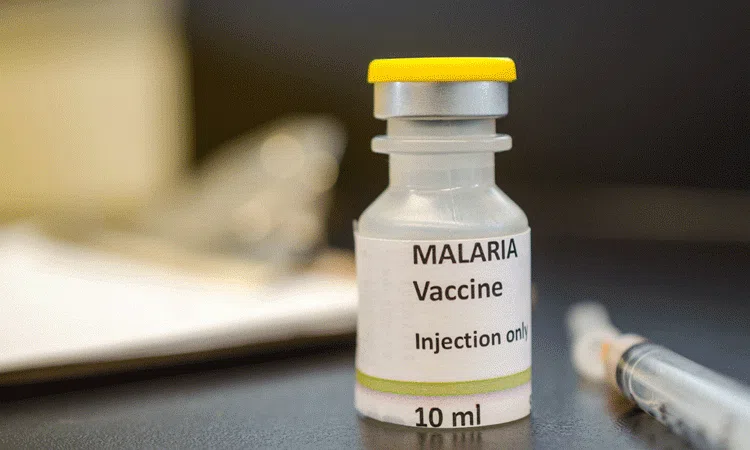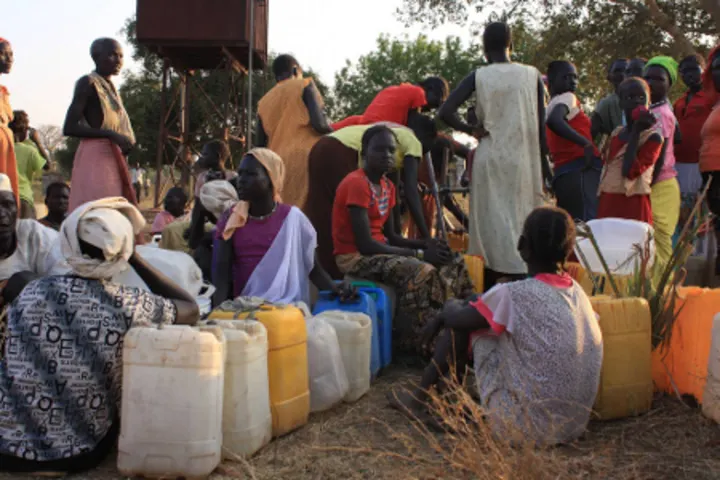
The international vaccine alliance Gavi invited countries to apply for financial support to roll out the Malaria jab, particularly targeting young children in Africa. The World Health Organization endorsed the four-dose shot in October last year, saying it could save thousands of lives.
The Gavi alliance has $155.7 million available over 2022-2025 for the intitial rollout. WHO estimates that to protect the 25 million children born in Africa every year, at least 100 million doses every year might be needed. Although there are plans to transfer the technology to an Indian drugmaker, it will be years before any doses are produced.
The vaccine, sold by GlaxoSmithKline as Mosquirix, is about 30% effective. WHO endorsed the vaccine last fall as a “historic” breakthrough in the fight against malaria, but the Gates Foundation told The Associated Press this week it will no longer offer direct financial support to the shot although it will fund an alliance backing the vaccine.
Some scientists say they’re mystified by that decision, warning it could leave millions of African children at risk of dying from malaria as well as undermine future efforts to solve intractable problems in public health.
Malaria is a life-threatening disease caused by parasites that are transmitted to people through the bites of infected female Anopheles mosquitoes. It is preventable and curable. In 2020, there were an estimated 241 million cases of malaria worldwide.













